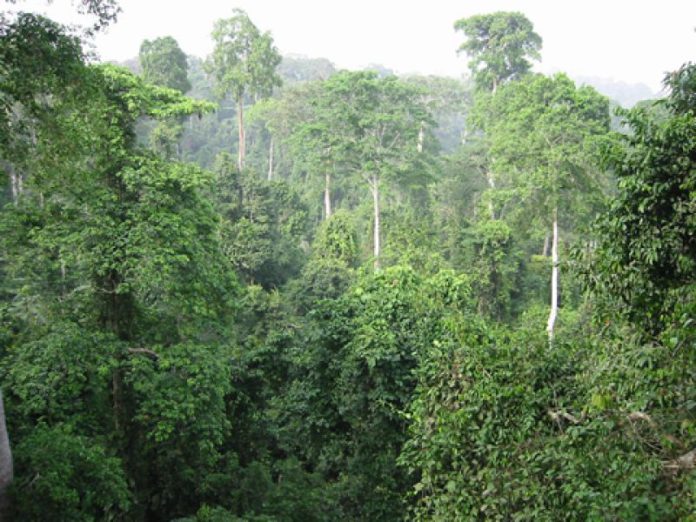
Ghana, the vibrant and resource-rich nation located on the west coast of Africa, is renowned for its stunning landscapes, rich biodiversity, and diverse ecosystems.
From the lush forests of Kakum National Park to the pristine beaches along the Gulf of Guinea, Ghana’s natural assets have long been a source of pride and a vital component of its economic growth.
However, recognizing and valuing these natural resources beyond their immediate market value is crucial for the country’s sustainable development.
Natural Capital Accounting (NCA) offers a promising framework that can revolutionize Ghana’s approach to environmental management and unlock a wealth of opportunities for both people and the planet.
Understanding natural capital accounting
Natural Capital Accounting involves quantifying and assessing the economic value of a country’s natural resources and ecosystems.
It goes beyond traditional economic indicators by integrating ecological and social dimensions, providing decision-makers with a comprehensive understanding of the benefits and trade-offs associated with natural resource management.
By placing a value on nature’s contributions to the economy, NCA enables policymakers to make informed choices that balance economic growth with environmental sustainability.
Ghana’s Natural Wealth
Ghana boasts an abundance of natural resources that underpin various sectors of its economy.
The country’s vast forests, including the celebrated Atewa Range Forest Reserve, are home to unique plant and animal species while providing timber, non-timber forest products, and carbon sequestration services.
Additionally, the country’s rich mineral deposits, including gold, bauxite, and cocoa, have been driving forces behind its economic growth.
However, traditional accounting methods often fail to capture the full value of these resources, leading to their unsustainable exploitation.
What does Ghana stand to gain with NCA?
Informed Decision-Making: Natural Capital Accounting provides policymakers with comprehensive data on the economic, social, and environmental contributions of natural resources.
Armed with this information, policymakers can make informed decisions that balance economic development with environmental protection, ensuring the long-term sustainability of Ghana’s resources.
Sustainable Development Planning: NCA enables the integration of environmental considerations into national development plans, fostering a more holistic approach to sustainable development.
By recognizing the value of ecosystem services such as clean water, climate regulation, and soil fertility, Ghana can prioritize conservation efforts and incorporate nature-based solutions into its development strategies.
Green Economic Opportunities: By valuing natural resources, NCA opens doors to green economic opportunities, such as sustainable tourism, eco-certified agriculture, and renewable energy.
Ghana’s commitment to NCA can attract investment in these sectors, creating jobs, diversifying the economy, and reducing dependency on finite resources.
Climate Change Resilience: As the effects of climate change intensify, NCA becomes an invaluable tool for building climate resilience.
By quantifying the carbon storage potential of forests and the protection offered by coastal ecosystems, Ghana can design climate change adaptation and mitigation strategies that maximize the benefits of its natural capital.
Implementation challenges
Implementing Natural Capital Accounting in Ghana is not without its challenges.
The process requires robust data collection, capacity building, and stakeholder engagement, one of which started with the media at a recent forum provided by the Environmental Protection Agency (EPA) at the Gold Coast Kempinski Hotel in Accra.
Furthermore, translating NCA into policy and regulatory frameworks may require legislative adjustments and institutional reforms.
However, with the government’s commitment to sustainable development, combined with international support and expertise, these challenges can be overcome.
In spite of the above challenges, Ghana stands at a crossroads where sustainable development and responsible resource management are imperative for the future.
Natural Capital Accounting provides a transformative approach that can guide Ghana toward a more sustainable and prosperous path.
By recognizing the true value of its natural resources, Ghana can protect its unique biodiversity, foster economic diversification, and become a global leader in sustainable development.
Embracing NCA is not only an investment in Ghana’s future but also a testament to its commitment to preserving the nation’s natural heritage for generations to come.






